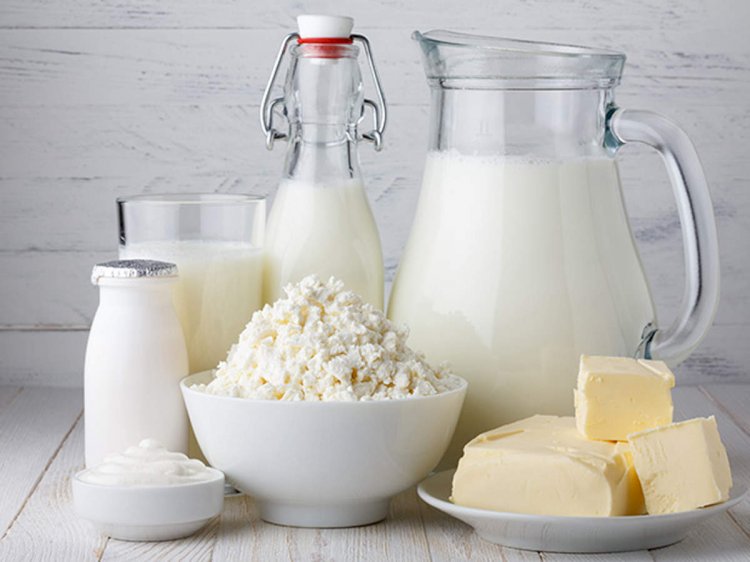Coronavirus lockdown has pushed up to 20 % of dairy intake in homes
Categories including ice cream, however, have seen an 80

RS Sodhi, MD of the Rs 38,550 crore dairy company Amul, says it has been business as usual even during the COVID-19 lockdown, from reinventing its distribution network to launching a range of immunity building dairy products such as haldi, tulsi and gingermilk.
While industry data indicate a 15-25% decrease in demand for dairy products, Sodhi claims that Amul has seen an increase in dairy household consumption. "Over 15 % of the dairy revenue comes from the HOREKA market, which was fully dried up due to the lockdown. But, the revenue loss in the institutional market was offset by the rise in household demand. People are locked in their homes and spend longer hours in their kitchens," Sodhi explains. He says home consumption of dairy products has increased by 15-20%. Demand for categories such as cheese has risen by 80%, says Sodhi, while paneer sales have risen by 40%. As well, demand for products such as condensed milk has doubled. Categories like ice cream, however, have seen an 80% decline in sales. Sodhi also admits the company is sitting on a huge milk powder inventory, with sales of HOREKA coming to a halt.
India has reported high demand from the dairy industry as a result of increasing per capita income and consumer disposable income. Such two factors improved the purchasing power which fuelled growth in the dairy industry in India. In addition, due to rapid urbanization, the proportion of organized dairy market in the Indian dairy industry is significantly increased.
Like other consumer goods firms, during the early part of the lockdown, Amul was also facing a supply chain and distribution crisis as it was unable to distribute its products to distributors and retail outlets. "Unlike before, when we used to have a separate supply chain for new, ambient goods and ice cream, our supply chain has now converged. As the trucks delivering ice cream were idle as demand fell, we started using them to distribute our new and ambient goods. We 're making sure our products reach our customers," says Sodhi. Although Amul may have benefited during the lockdown with its size and distribution, dairy experts say that in other cooperatives, particularly in smaller states like Jharkhand, Odisha, and Assam, there is a major dip in the procurement and selling of dairy produce. "A state like Jharkhand, which used to collect 1,30 lakh liters per day before COVID, has cut its procurement to 60,000-70,000 liters per day," a senior dairy expert points out.




























